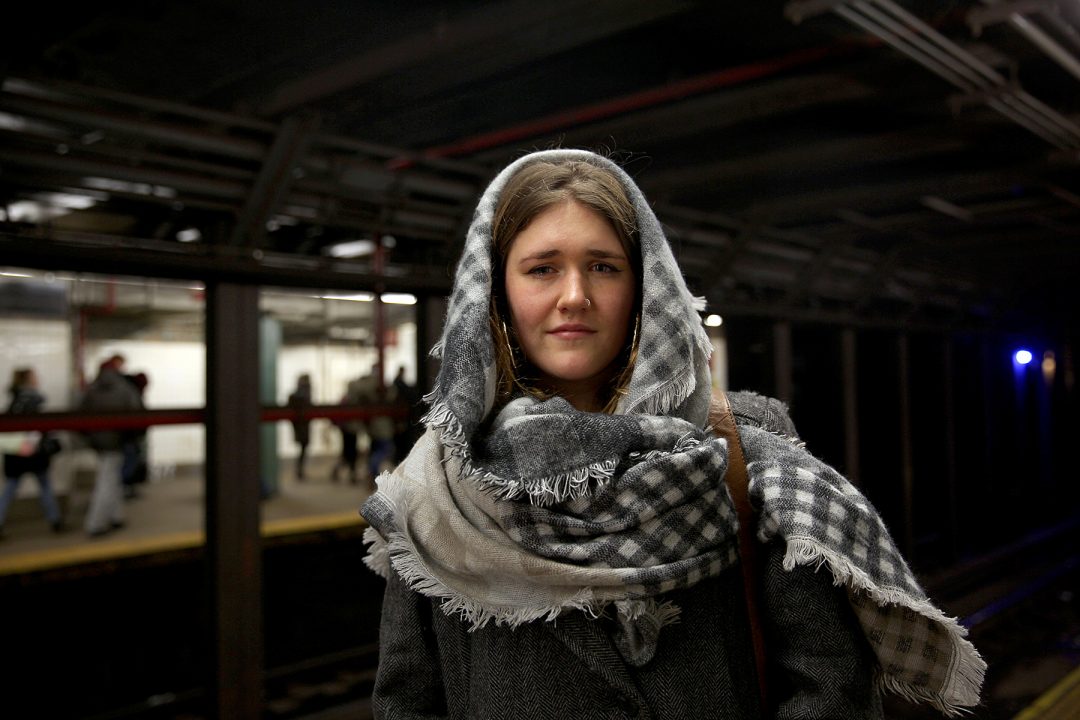 "The way I have lived my life is based on intuition, trust and being present. This is a feeling I associate with the feminine. This way of living has led me to an internship in Sweden, backpacking in South America and then I received a full ride plus living expenses to attend the New School in New York City. It is a quiet way of listening, and I know if I just listen I will be caught and I will be doing the right thing. Even if I land in a difficult situation it will teach me the right lesson or will put me in the next right place." - Tasmin Sarah Clarke is a student studying photojournalism at The New School.
"The way I have lived my life is based on intuition, trust and being present. This is a feeling I associate with the feminine. This way of living has led me to an internship in Sweden, backpacking in South America and then I received a full ride plus living expenses to attend the New School in New York City. It is a quiet way of listening, and I know if I just listen I will be caught and I will be doing the right thing. Even if I land in a difficult situation it will teach me the right lesson or will put me in the next right place." - Tasmin Sarah Clarke is a student studying photojournalism at The New School.
Laura Husar Garcia
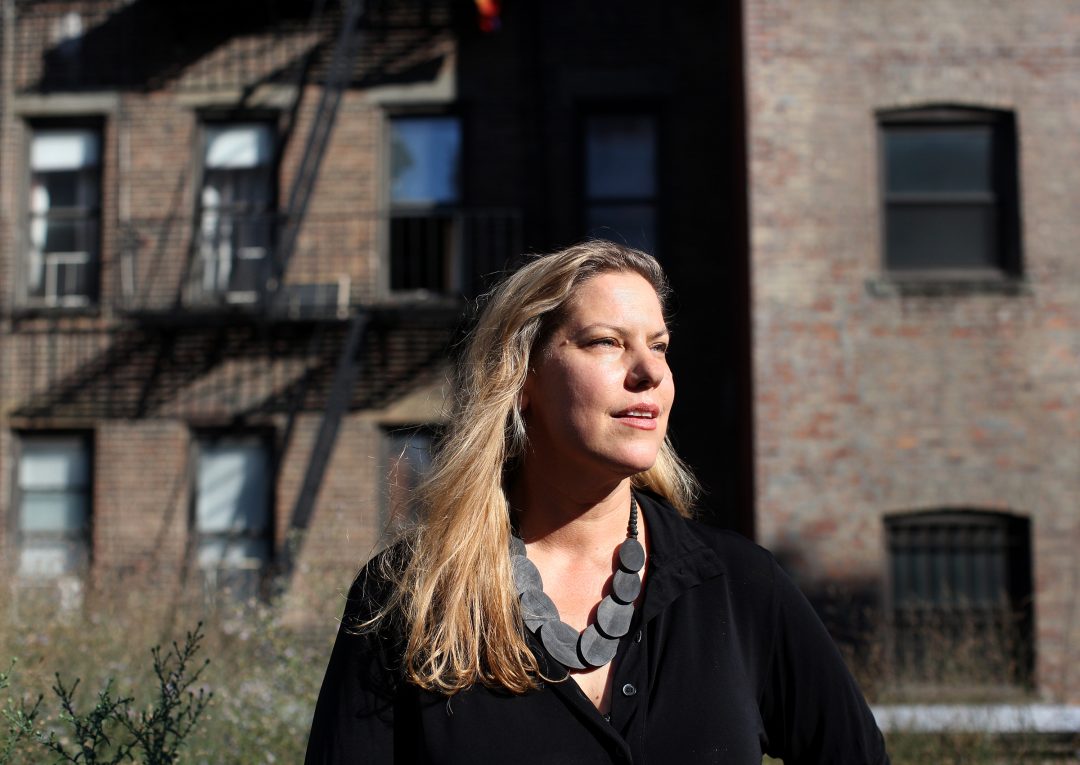 "If I were not a woman, I would not have had such intimate access photographing nuns. They gave me a ticket to enter their lives and document everything from death to deep prayer. They were comfortable with me because I am a woman. It was this project that launched my transition from photojournalism to fine art which has been a wonderful adventure where I am able to find my true voice, be appreciated and be heard." - Laura Husar Garcia is a fine art photographer who lives in Chicago.
"If I were not a woman, I would not have had such intimate access photographing nuns. They gave me a ticket to enter their lives and document everything from death to deep prayer. They were comfortable with me because I am a woman. It was this project that launched my transition from photojournalism to fine art which has been a wonderful adventure where I am able to find my true voice, be appreciated and be heard." - Laura Husar Garcia is a fine art photographer who lives in Chicago.
Maya Valentine
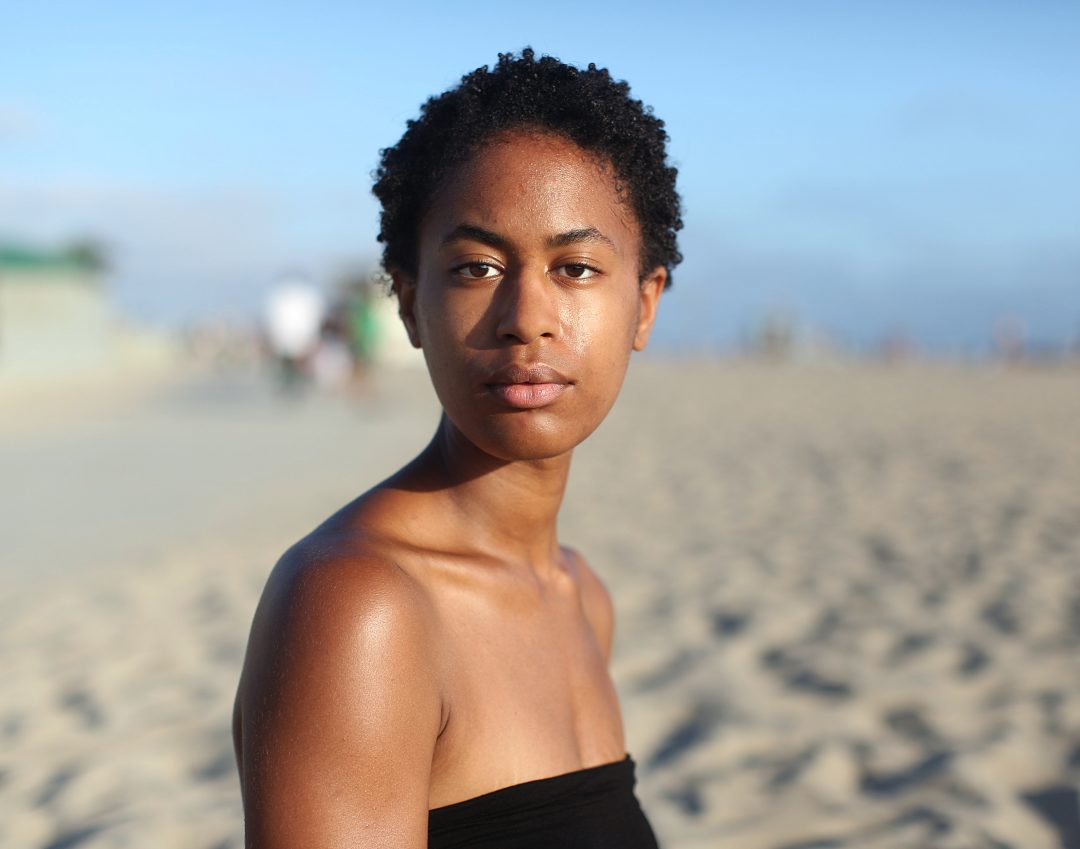 "As a woman I understand beauty. I understand what beauty is outside of myself and inside of myself. I was influenced in the past by societal standards and trying to fit that certain mold. But there's nothing more beautiful than knowing who you are. No matter what you are beautiful." - Maya Valentine is studying to become a journalist.
"As a woman I understand beauty. I understand what beauty is outside of myself and inside of myself. I was influenced in the past by societal standards and trying to fit that certain mold. But there's nothing more beautiful than knowing who you are. No matter what you are beautiful." - Maya Valentine is studying to become a journalist.
Diana Zeynab Alhindawi
"I like to tell intimate stories in conflict areas, so the subjects of my stories are usually at risk in some way. They trust me and I think they open up so much easier because I am a woman. I don't think my work would have happened as quickly if I were a man. But recently I was on an assignment for an NGO in a very remote area of Northern Congo. There were some nomadic people in the area, very interesting and especially photogenic but they were in an area especially hard to get to. Because I am a woman, the NGO would not provide transportation b/c they said if the LRA attacked the region they would rape me. But there had been no LRA presence in that region because there are no elephants there and the LRA mostly attack while looking for elephants and ivory. I have experience in the Congo and I knew what the potential risks were and was willing to take them but the NGO would not budge and it was too expensive for me to hire private transportation to get there on my own. However when a male colleague showed up who had less experience in the region they offered him the opportunity to go up to the region with the nomadic people. The thing is, if the LRA caught men, they could be killed. The male photographer was allowed the choice to take the risk or not, but I wasn't. This is one of the reasons why there is so little work coming from women in these areas. It's not that we can't endure the hardships. It's that our opportunities are blocked..." Diana Zeyneb Alhindawi is a photojournalist who uses photography to explore the human condition across a variety of political and cultural contexts."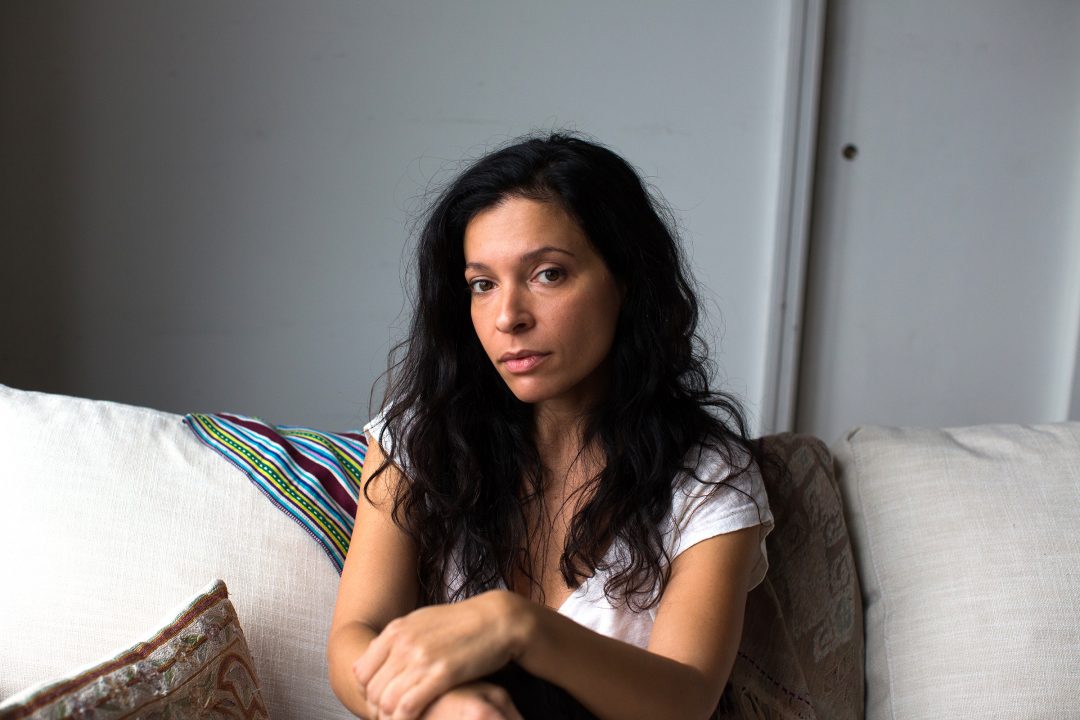
Erica Price
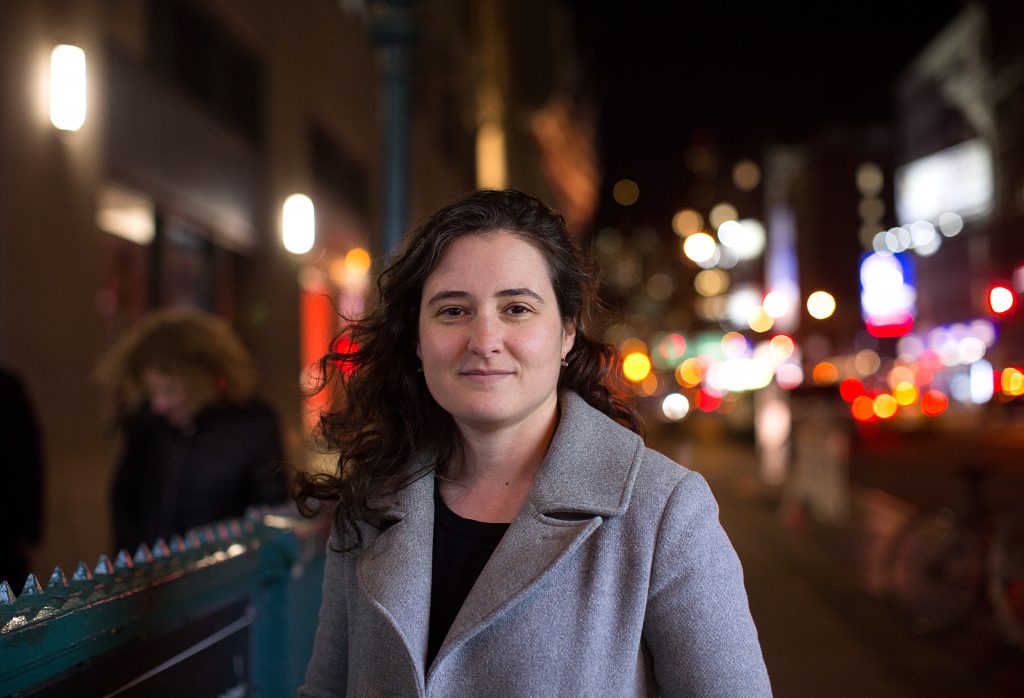 "When I am doing street photography I think being a woman works in my favor. When I am doing photojournalism work, I'm not sure being a woman works in my favor. Most of the time when I'm shooting assignments I wish that I were a few inches taller." Erica Price is a documentary photographer based in NYC.
"When I am doing street photography I think being a woman works in my favor. When I am doing photojournalism work, I'm not sure being a woman works in my favor. Most of the time when I'm shooting assignments I wish that I were a few inches taller." Erica Price is a documentary photographer based in NYC.
Emilie Richardson
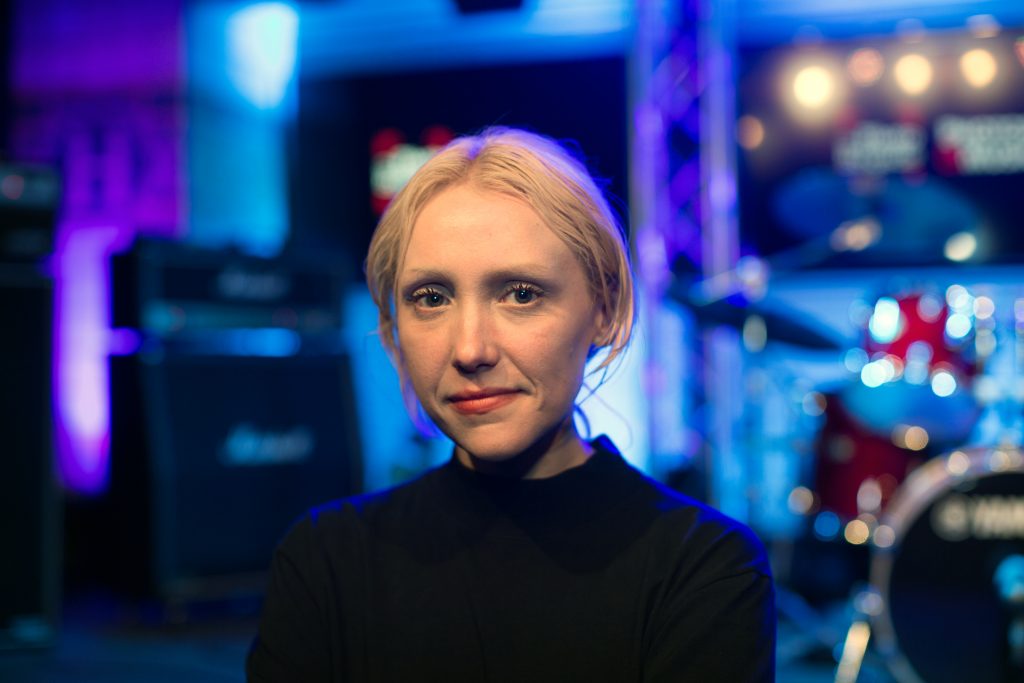 Emilie Richardson is a photojournalist whose work about veterans returning to civilian work was recently published in The Atlantic. She has also been working on a personal project about the oldest cloistered convent in New York.
"The discrimination in the field of photojournalism and the advances that editors have made toward me, has led me to want to tell women's stories. I am a woman and women are often silenced. They shouldn't be silenced, it should not be the norm."
Emilie Richardson is a photojournalist whose work about veterans returning to civilian work was recently published in The Atlantic. She has also been working on a personal project about the oldest cloistered convent in New York.
"The discrimination in the field of photojournalism and the advances that editors have made toward me, has led me to want to tell women's stories. I am a woman and women are often silenced. They shouldn't be silenced, it should not be the norm."